When Legacy Meets Privacy: Non-Digital Industries Struggle with Data Governance and Consent
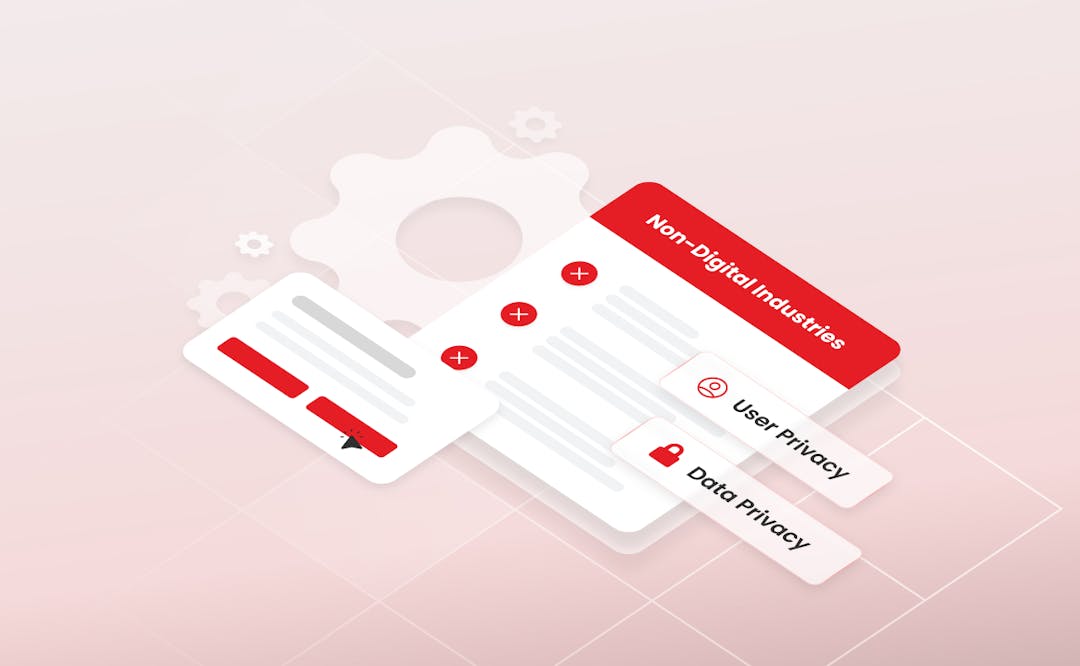
Non-digital industries like manufacturing and construction struggle with data privacy due to fragmented legacy systems and cultural resistance. Facing complex regulations and rising cyberattacks, these "analog" firms must prioritize leadership buy-in and modern consent management platforms to transform compliance burdens into a foundation for trust and operational resilience.
When data goes where consent hasn’t
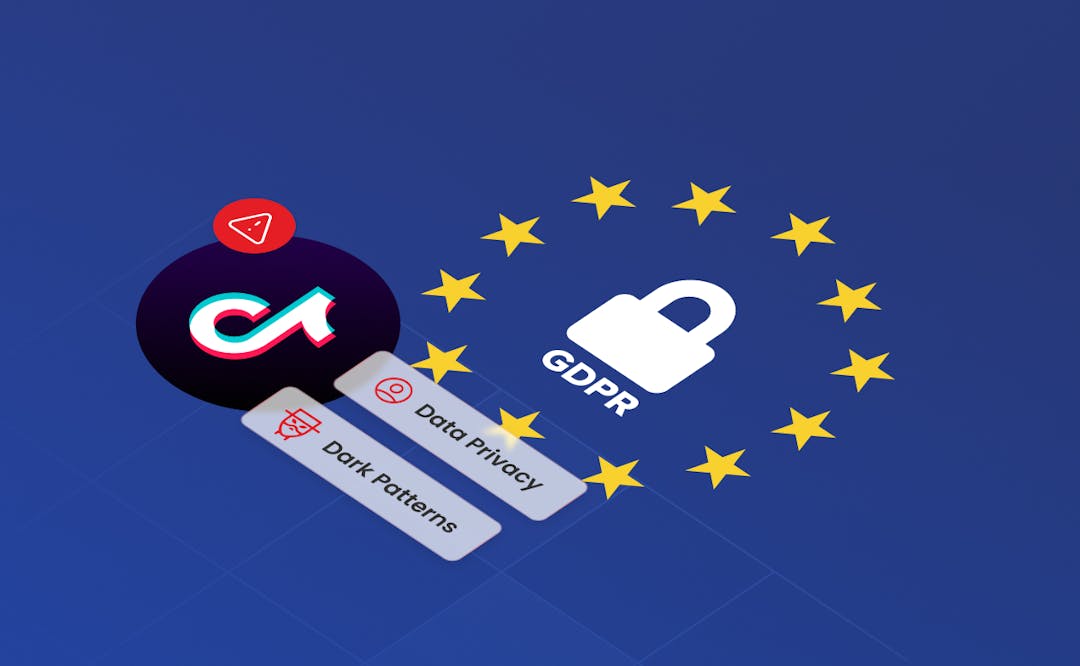
A massive €530 million GDPR fine hit TikTok for illegally transferring EU user data to China without adequate consent or protection, highlighting a critical privacy issue. Weak consent, dark patterns, and vague notices erode trust. Solutions mandate enhanced transparency, flexible design, and strict legal enforcement to ensure data only goes where permission is explicitly given.
Are Privacy Regulations and Consent Mechanisms Keeping Pace with Emerging Tech?
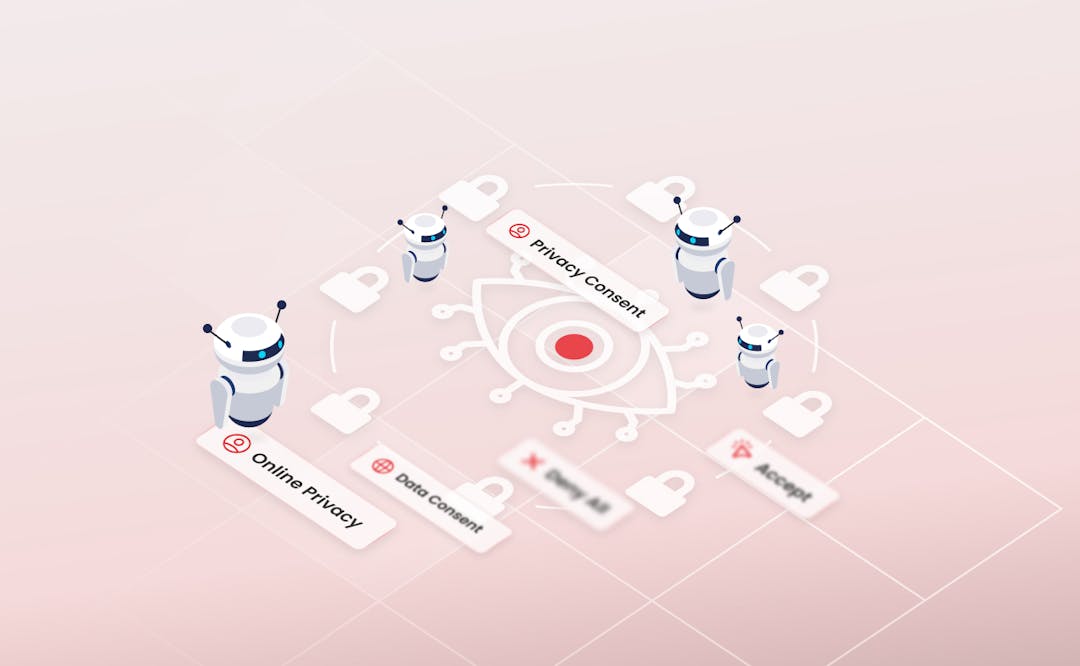
Patchwork privacy laws and slow, outdated consent models are no match for accelerating AI, neurotech, and surveillance. Regulation expands unevenly, leaving gaps in neural data, profiling, and encryption. Static consent remains inadequate. Without unified, dynamic, privacy-by-design frameworks, organizations risk falling behind and exposing users to unchecked data exploitation.
Privacy: the most valuable right of all
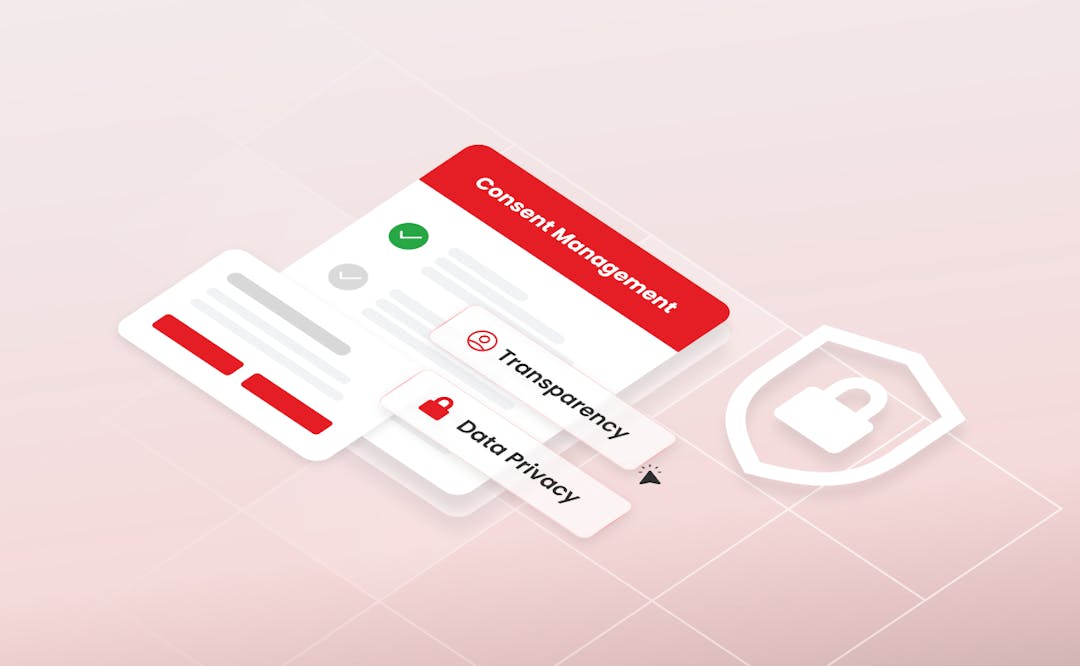
Privacy is collapsing under pervasive data collection, dark patterns, and weak consent practices. Individuals lose autonomy while businesses court legal and reputational risk. True, transparent consent management is non-negotiable—providing control, compliance, and trust. Ethical, purpose-based data use and strong CMPs are now the minimum standard for responsible digital operations.
Security and data privacy compliance are not the same thing
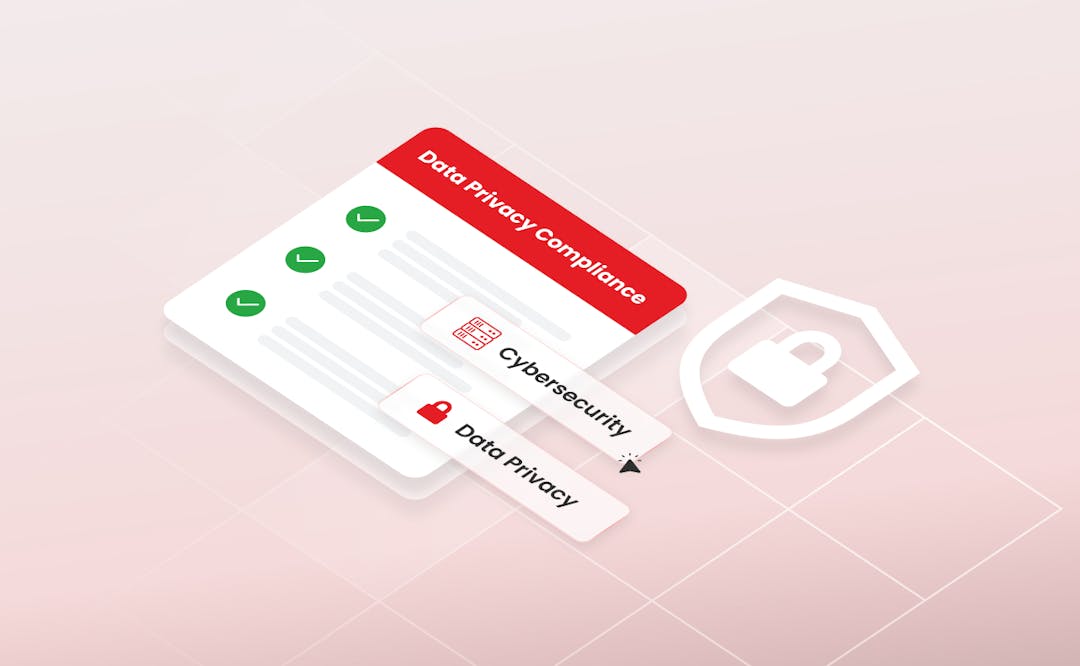
Cybersecurity and data privacy compliance are distinct yet interdependent. Cybersecurity protects systems from threats, while privacy ensures lawful data handling. Confusing the two creates risk. Integrated strategies—combining governance, privacy-by-design, and consent management—are essential for compliance, trust, and resilience. A Consent Management Platform like CookieHub unifies both domains effectively.
Data privacy and consent: Not just a siloed IT or tool issue
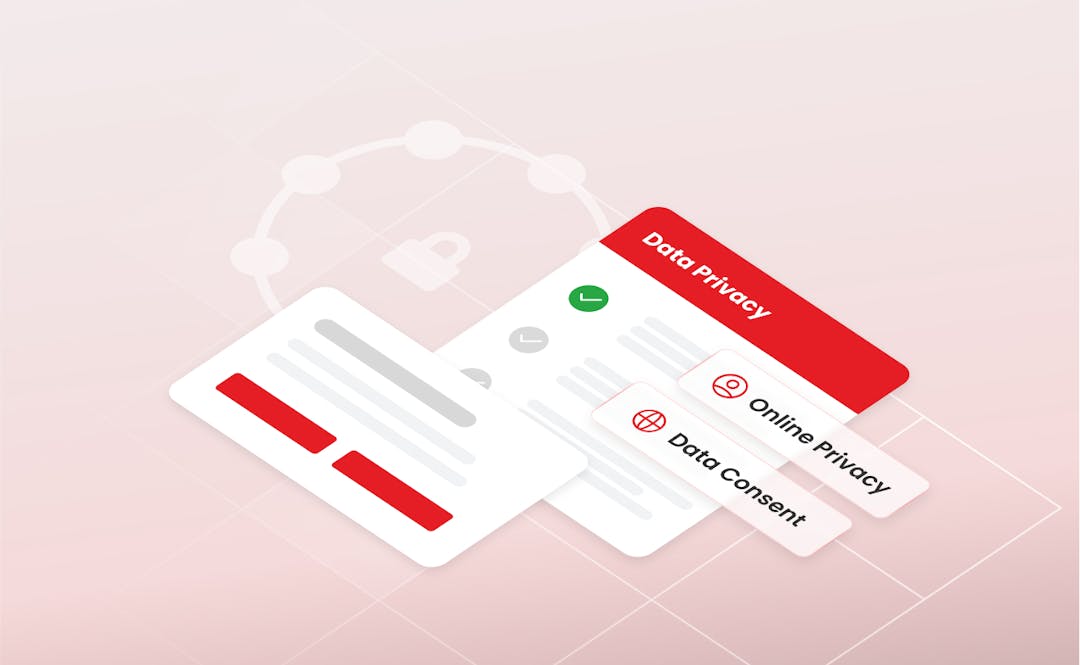
Modern data privacy goes far beyond compliance and cookie banners. It’s a strategic, enterprise-wide priority that blends technology, culture, and trust. Businesses that embed privacy into operations—through leadership, employee awareness, and transparent practices—build resilience, strengthen customer loyalty, and turn privacy from a legal obligation into a competitive advantage.
Reducing consent fatigue in the EU … Easier for whom and at what cost?
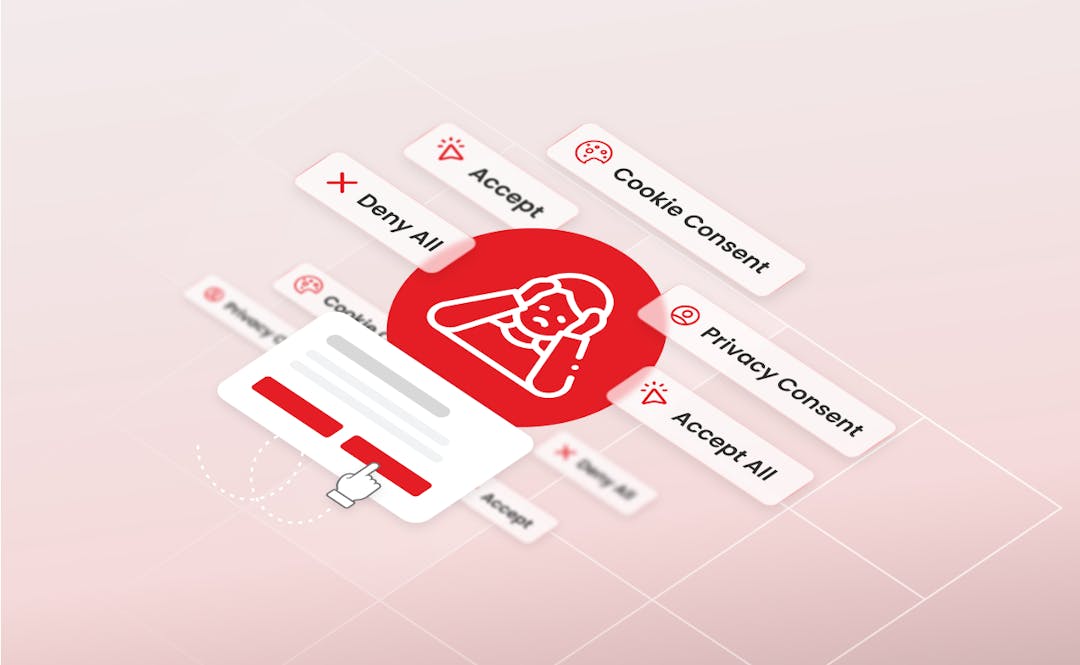
The EU seeks to simplify cookie consent to combat user “consent fatigue,” but easier consent risks weakening privacy protections. Proposals include standardized settings, exemptions, and browser-level consent tools. Reforms must preserve transparency, meaningful choice, and accountability to prevent usability improvements from eroding the EU’s core data protection and user autonomy principles.
When automated AI decision-making violates data privacy and consent rules
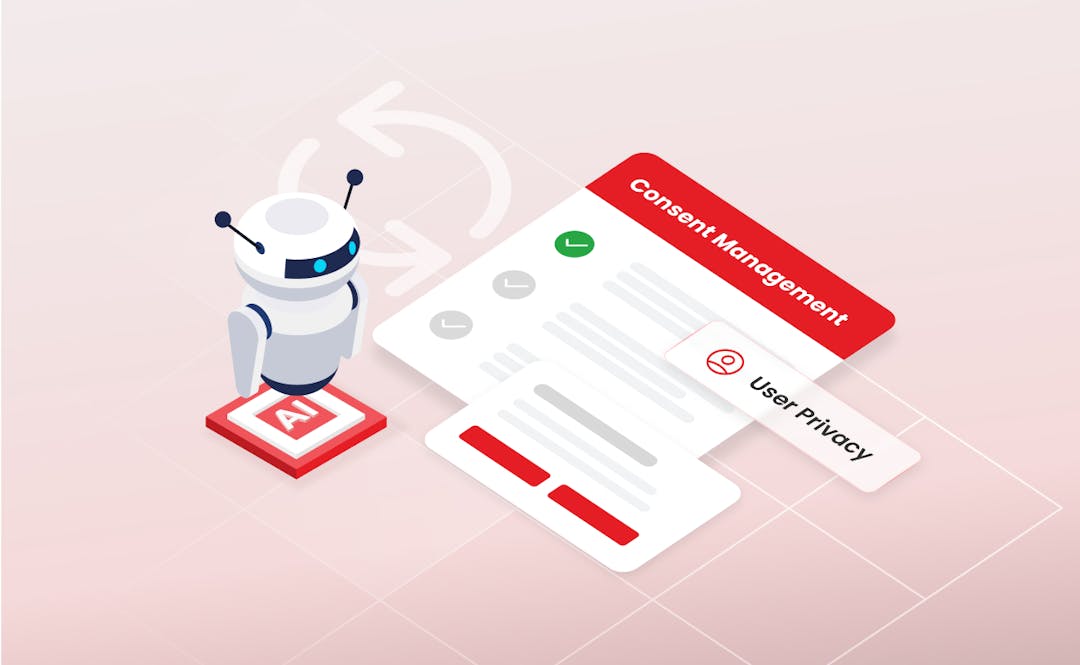
AI-driven decision-making increasingly clashes with data privacy and consent rules, exposing risks of bias, opacity, and legal violations. Global regulators, led by the EU, mandate transparency, explainability, and human oversight for high-risk AI. Organizations must adopt proactive governance, privacy-by-design, and meaningful consent to ensure accountability, fairness, and trust.
Privacy is personal, but doesn’t erase potential for personalization
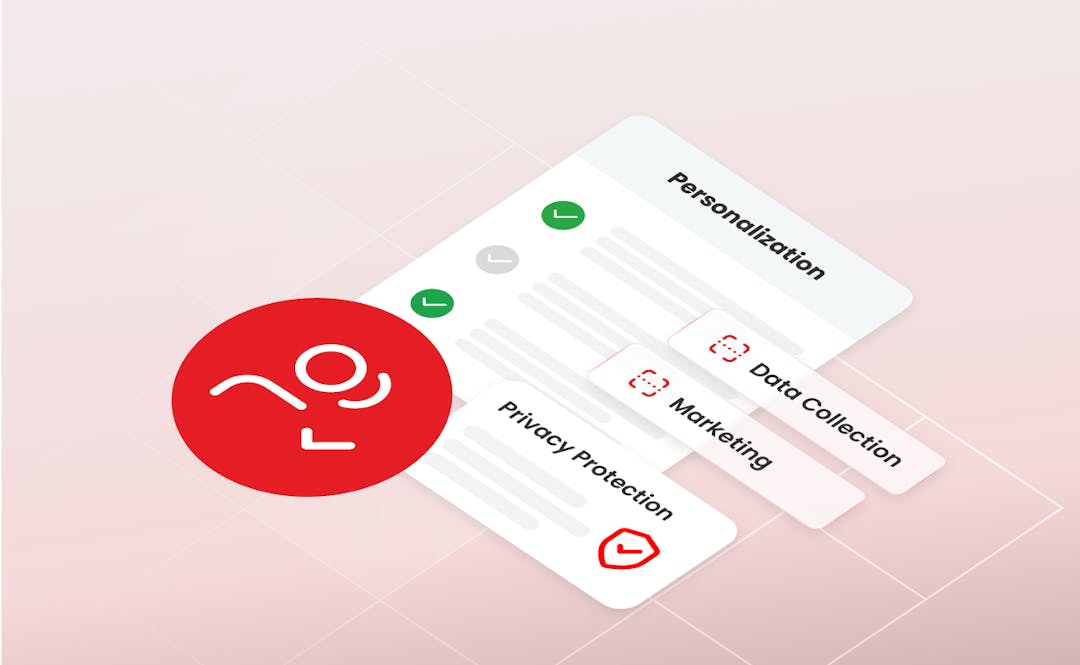
Privacy-first personalization blends relevance with respect for data rights. By using consent-driven strategies like zero/first-party data, preference management, contextual targeting, and responsible AI, businesses can comply with regulations, build trust, and deliver meaningful experiences—proving personalization can thrive without invasive tracking in today’s privacy-conscious digital landscape.
States rights and US data privacy fragmentation
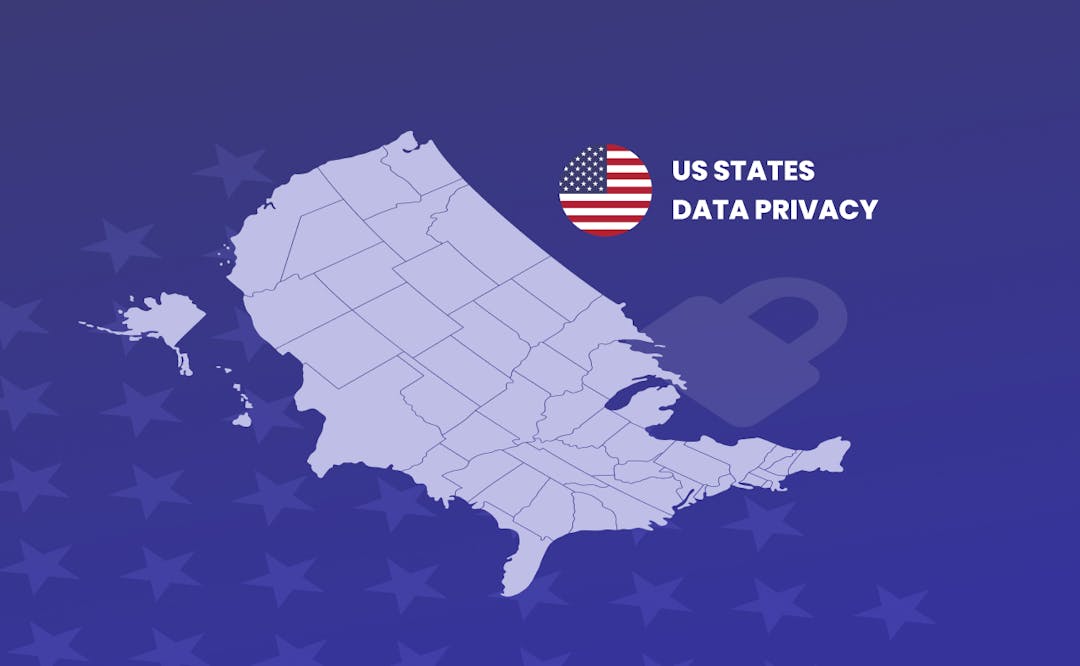
With no federal data privacy law, 20+ U.S. states have enacted their own regulations, creating a complex patchwork. This fragmentation raises compliance costs, causes consumer confusion, and underscores the urgent need for national legislation.
The future of data privacy: What EU GDPR reforms mean for businesses and consumers
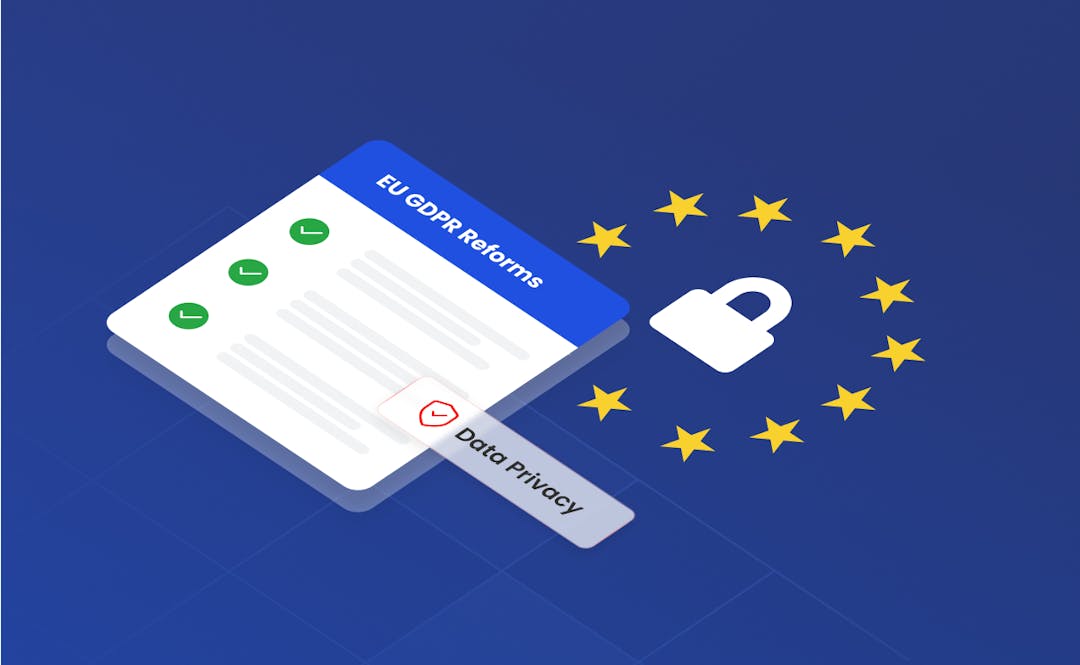
The EU is proposing reforms to the GDPR to ease compliance for businesses, especially SMEs, and improve enforcement across borders. While the changes aim to reduce red tape, privacy advocates warn they could weaken user protections. The outcome will depend on balancing business needs with strong data privacy standards.
A cautionary tale of data protection gone wrong: Kosovo
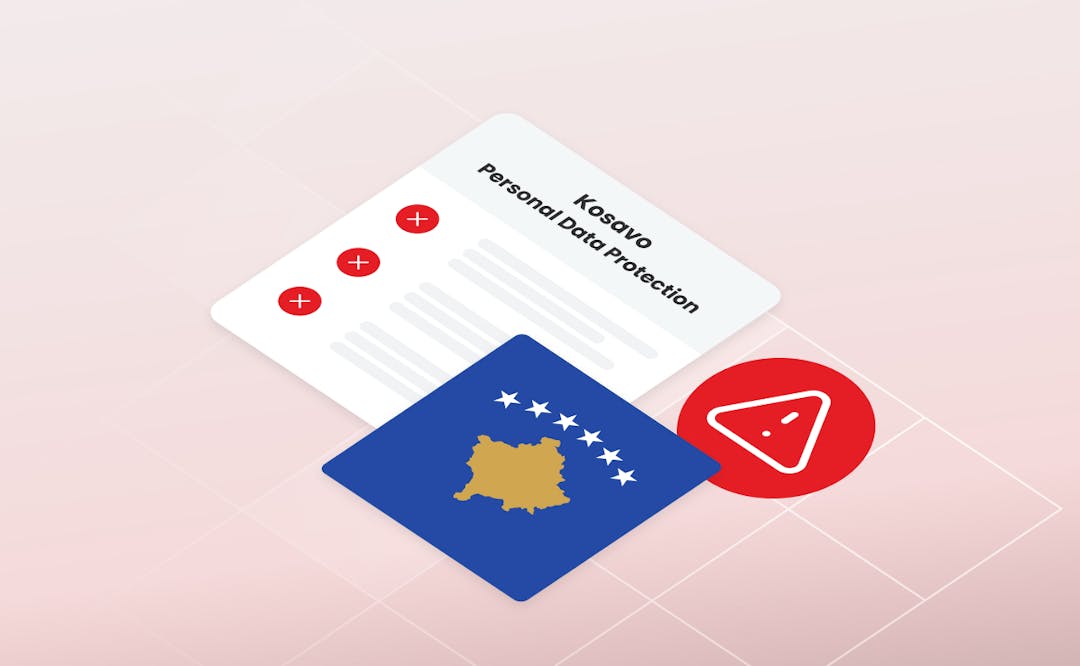
Kosovo's experience shows the dangers of weak data privacy protections. Rapid digitization without proper safeguards has led to frequent data breaches, misuse of personal information, and a lack of accountability. Many citizens are unaware of their rights, and enforcement by authorities is minimal. The situation highlights the need for strong legal frameworks, public awareness, institutional oversight, and privacy-by-design technology to protect personal data and ensure proper consent.
Data privacy reverberations from the IAPP Summit
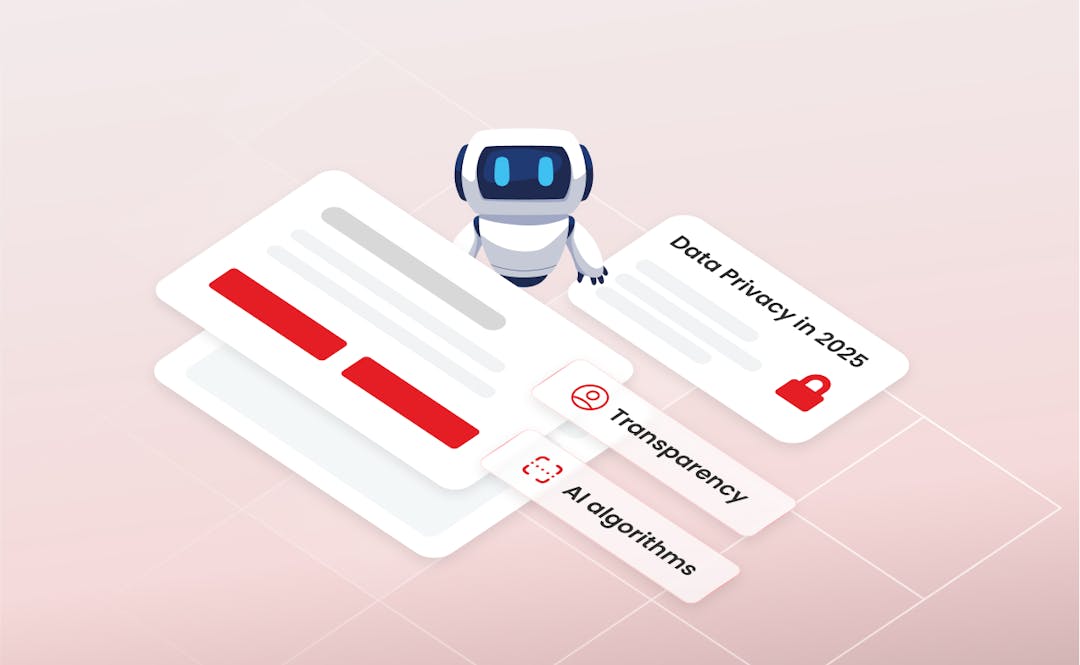
The international privacy landscape is always changing, but according to feedback from the annual International Association of Privacy Professionals (IAPP) Global Privacy Summit, this year is different.
Rethink your marketing approach to data privacy consent, cookies, and compliance
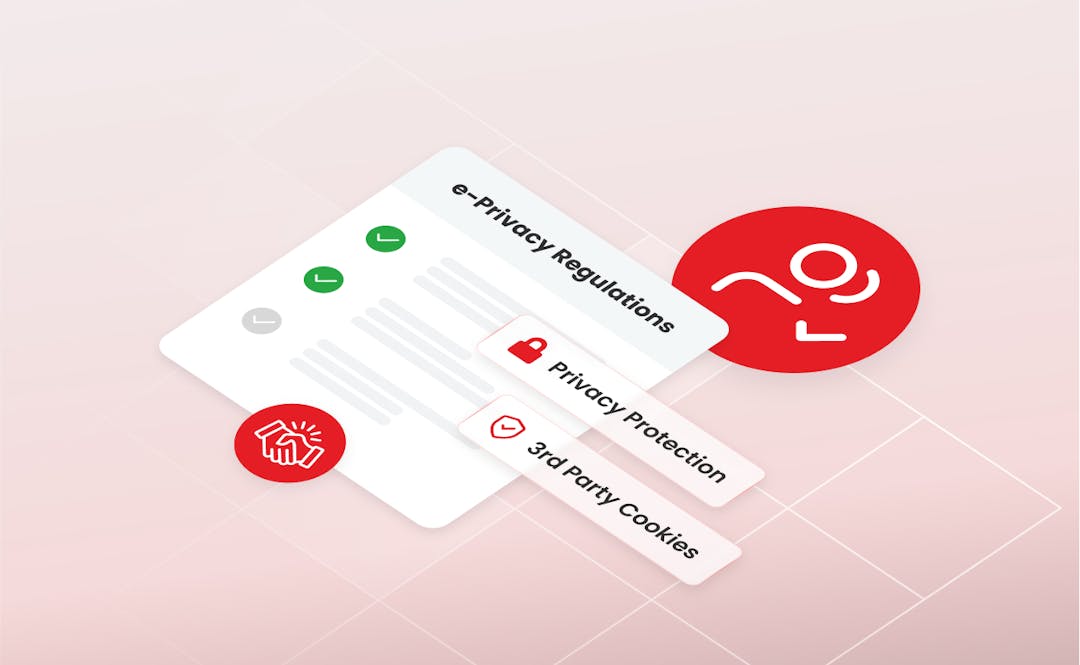
It’s been a time of considerable uncertainty for marketers and the digital marketing discipline as a whole. With GDPR and other data-privacy focused regulations introduced (and often shifting), roadblocks en route to implementing the e-Privacy Regulation in the EU, lack of clear guidance on adtech practices, and a lot of back and forth on whether third-party cookies are on the way out or not, there are more questions than answers. But the bottom line for marketing teams is whether there is a sweet spot where they can balance personalization with privacy and consent with compliance.
©2018-2026 CookieHub ehf.
CookieHub CMP offers tools and services for managing cookies and online privacy.


